Indigenous Governance Database
decolonization
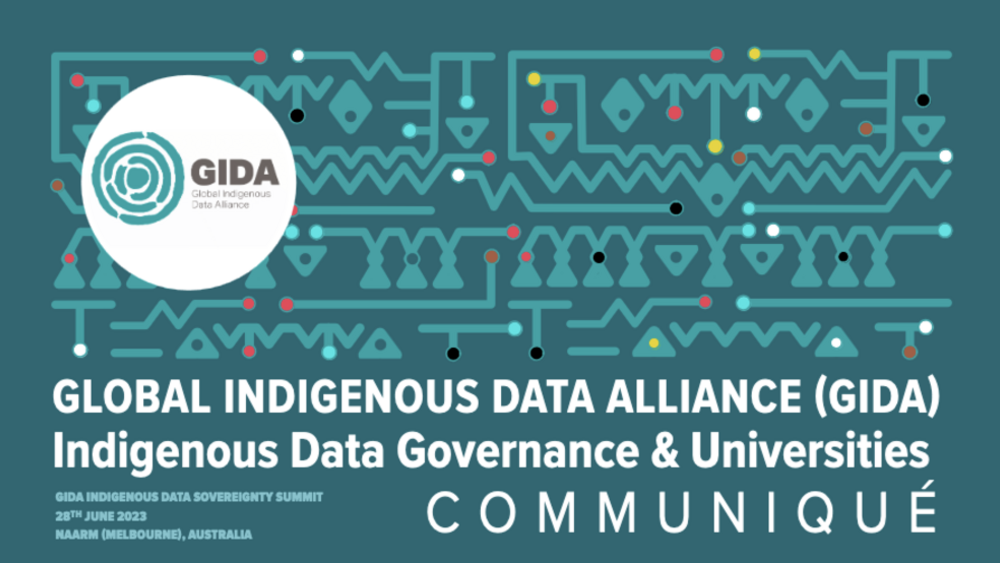
Indigenous Data Governance and Universities Communiqué
Universities create, use, and hold enormous amounts of Indigenous data. These data range from old historical records to contemporary large datasets, including Open Data2 and the data underpinning emerging Artificial Intelligence (AI) Technologies. Indigenous Peoples’ data include information about…
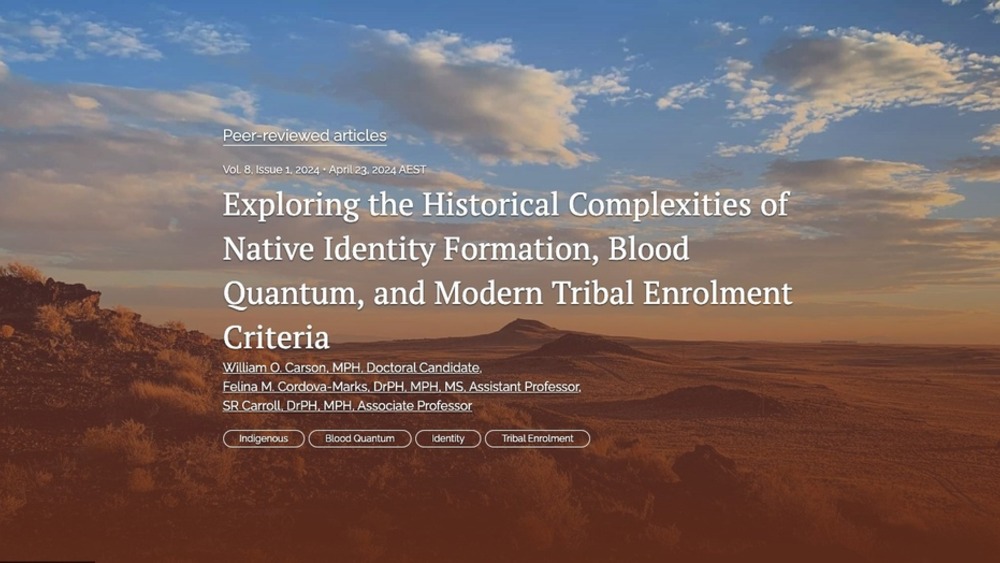
Exploring the Historical Complexities of Native Identity Formation, Blood Quantum, and Modern Tribal Enrolment Criteria
In the United States, blood quantum (BQ) based enrolment criteria find their roots in settler-colonial policies to erase, assimilate, and subjugate Indigenous Peoples and individuals. As a result, Native Nations throughout the United States continue to debate such practices. Current research on…
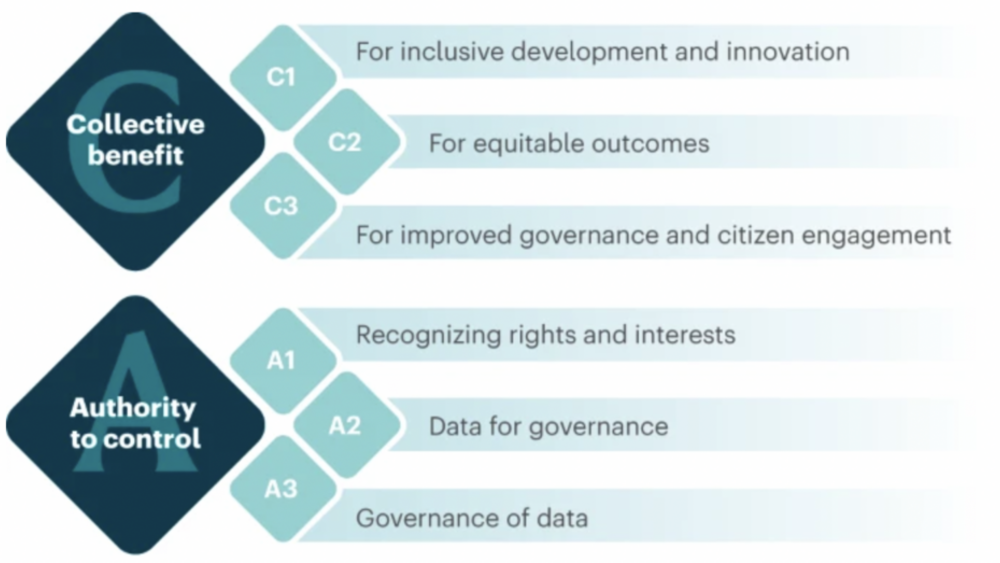
Applying the ‘CARE Principles for Indigenous Data Governance’ to ecology and biodiversity research
Indigenous Peoples are increasingly being sought out for research partnerships that incorporate Indigenous Knowledges into ecology research. In such research partnerships, it is essential that Indigenous data are cared for ethically and responsibly. Here we outline how the ‘CARE Principles for…
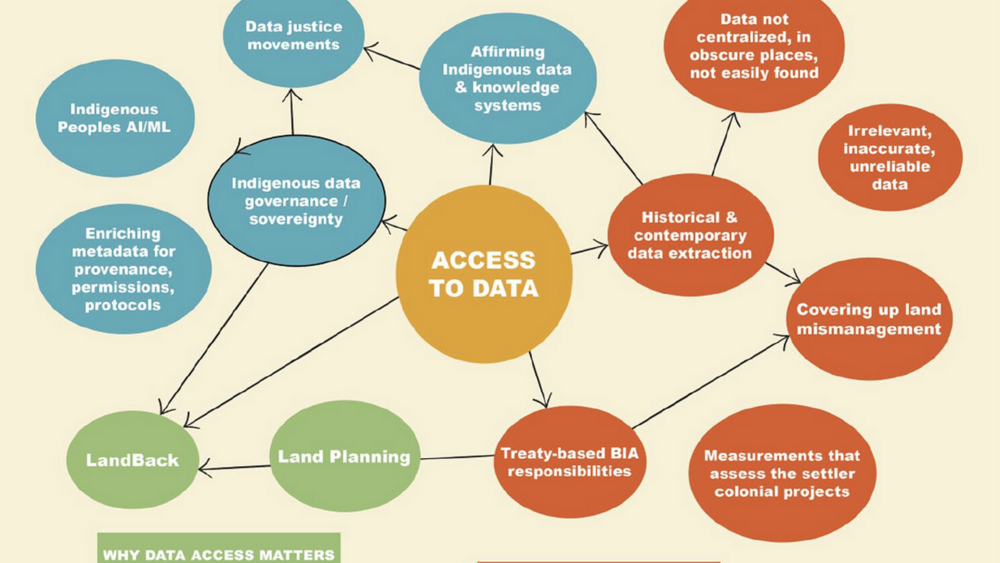
Life and times of data access: Regarding Native Lands
It is challenging to understand the full and detailed story of Native People’s lands in the United States. In this article, we contend that reliable and accessible data regarding Native People’s lands complicate and perpetuate those challenges. Stemming from the implications of colonial ideologies…
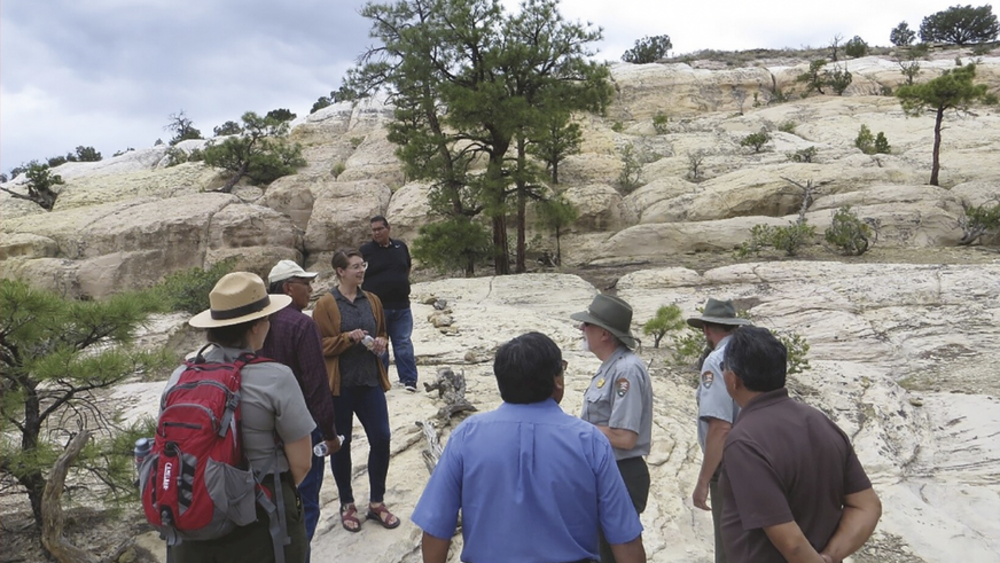
Archaeology and Social Justice in Native America
Over the past 20 years, collaboration has become an essential aspect of archaeological practice in North America. In paying increased attention to the voices of descendant and local communities, archaeologists have become aware of the persistent injustices these often marginalized groups face.…
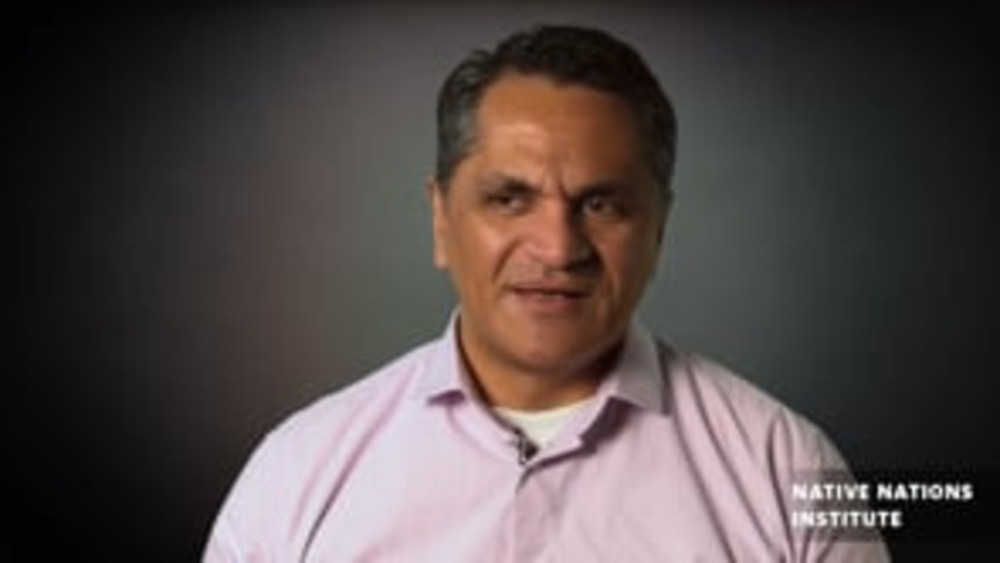
Robert Joseph: History of Maori Governance and Self-Determination
In this interview, Māori barrister and Senior Lecturer at The University of Waikato Te Whare Wānanga o Waikato, Dr. Robert A. Joseph offers his expert analysis of governance and law through the historical perspective of Māori self-governance. Dr. Joseph gives a summary of the complexities…
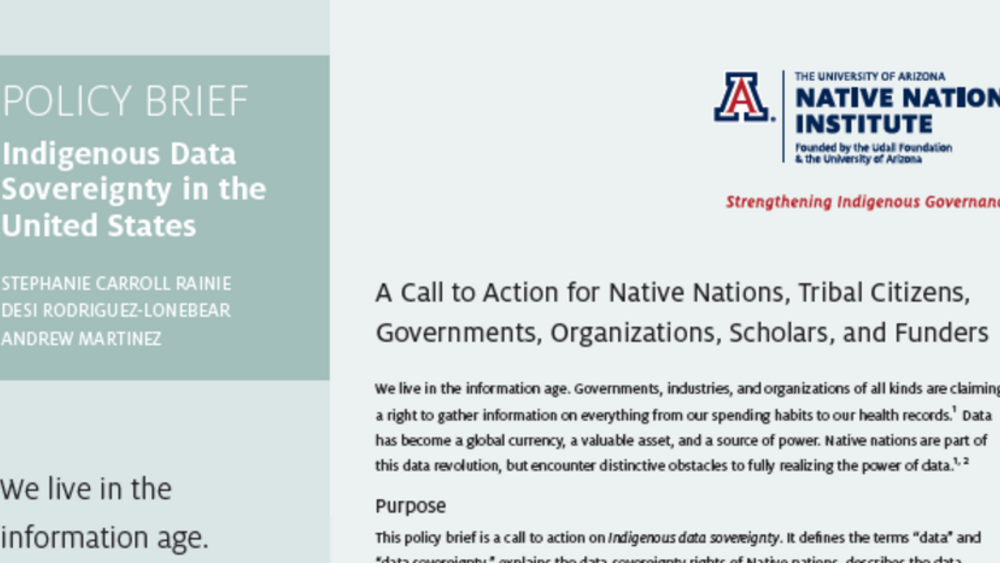
Policy Brief: Indigenous Data Sovereignty in the United States
We live in the information age. Governments, industries, and organizations of all kinds are claiming a right to gather information on everything from our spending habits to our health records. Data has become a global currency, a valuable asset, and a source of power. Native nations are part…
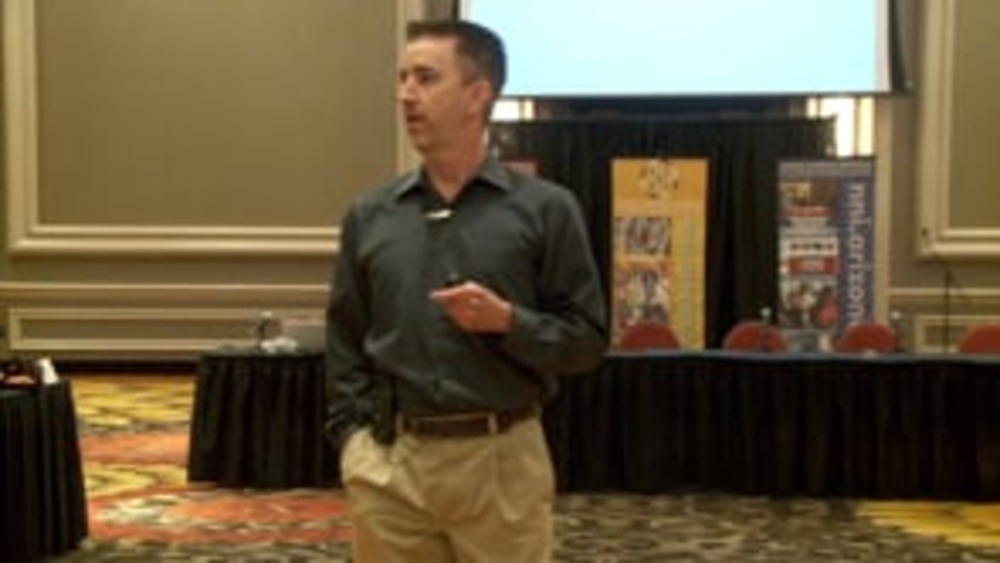
Ian Record: Some of the Difficulties of Constitutional Reform (Presentation Highlight)
In this highlight from the presentation "Defining Constitutions and the Movement to Remake Them," Ian Record discusses two of the many challenges that Native nations typically encounter when they move to change their existing constitutions or develop new ones.
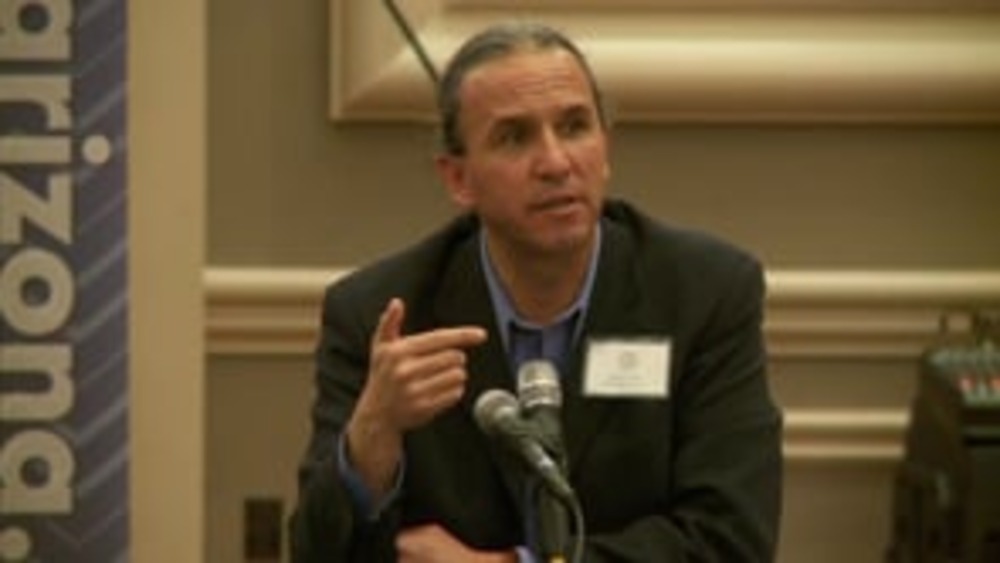
Terry Janis: Citizen Engagement and Constitutional Change at the White Earth Nation (Q&A)
Terry Janis, former Project Manager for the White Earth Constitution Reform Project, fields questions from the audience about his specific role in White Earth's constitutional reform process. He stresses the need for those engaging in constitutional reform to be cognizant of the fact that a process…
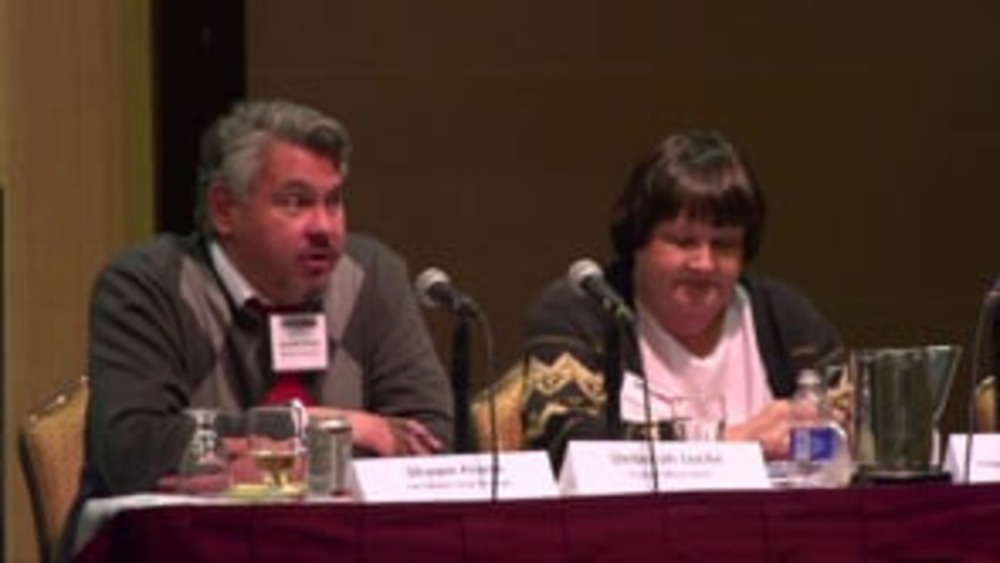
Sharon Day, Shawn Frank and Deborah Locke: Disenrollment (Q&A)
Panelists Sharon Day, Shawn Frank, and Deborah Locke field questions from the audience and a few participants offer their closing thoughts on the question of tribal citizenship and identity. This video resource is featured on the Indigenous Governance Database with the permission of the…
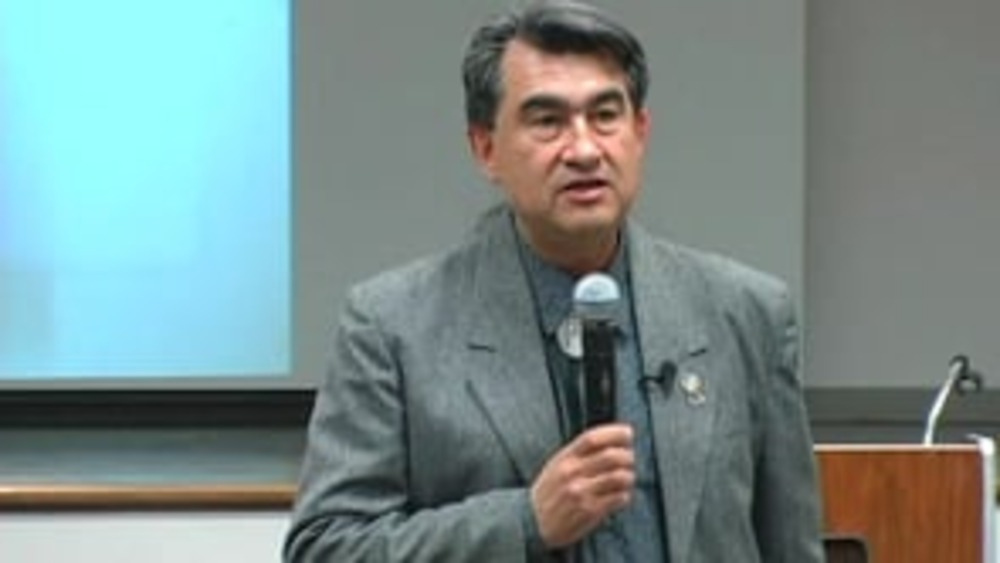
Greg Cajete: Indigenous Paradigm: Building Sustainable Communities
Greg Cajete, Director of Native American Studies at the University of Mexico, shares his more than three decades of work and research on Indigenous epistemologies for human and ecological sustainability, and discusses the need for scholars, academic institutions, and others to fully embrace these…
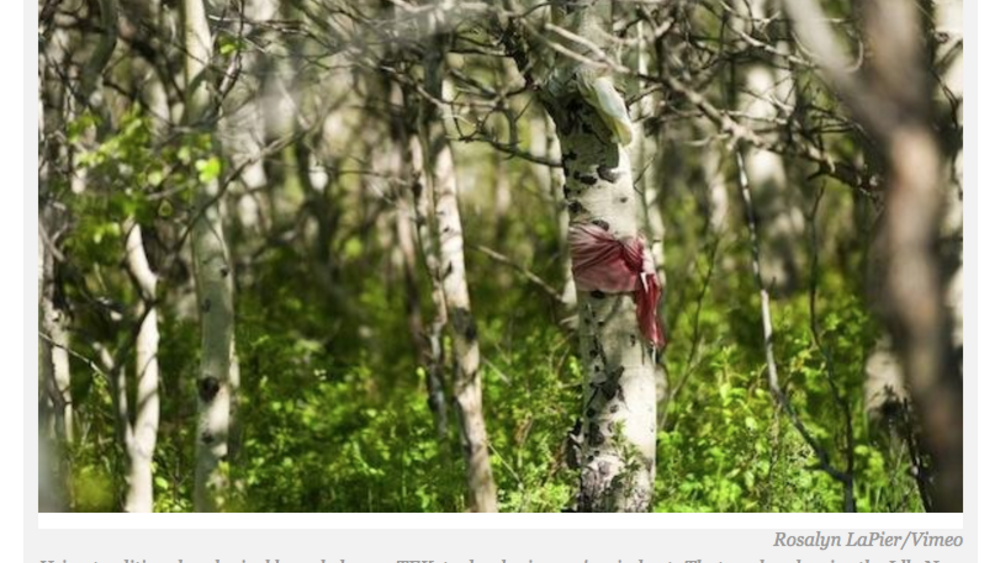
Idle No More: Decolonizing Water, Food and Natural Resources With TEK
Watersheds and Indigenous Peoples know no borders. Canada’s watershed management affects America’s watersheds, and vice versa. As Canada Prime Minister Stephen Harper launches significant First Nations termination contrivance he negotiates legitimizing Canada’s settler colonialism under the guise…
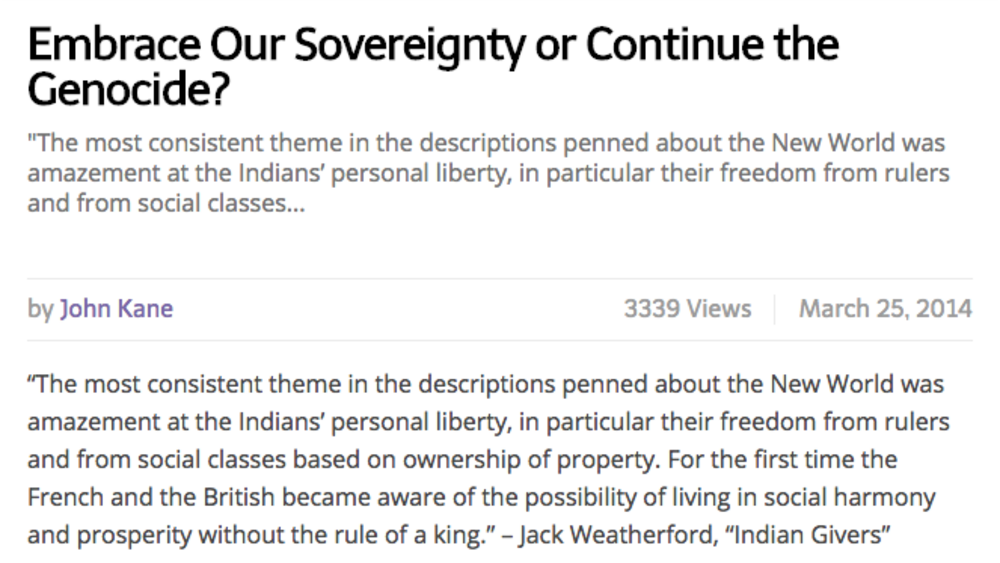
Embrace Our Sovereignty or Continue the Genocide?
“The most consistent theme in the descriptions penned about the New World was amazement at the Indians’ personal liberty, in particular their freedom from rulers and from social classes based on ownership of property. For the first time the French and the British became aware of the possibility of…
